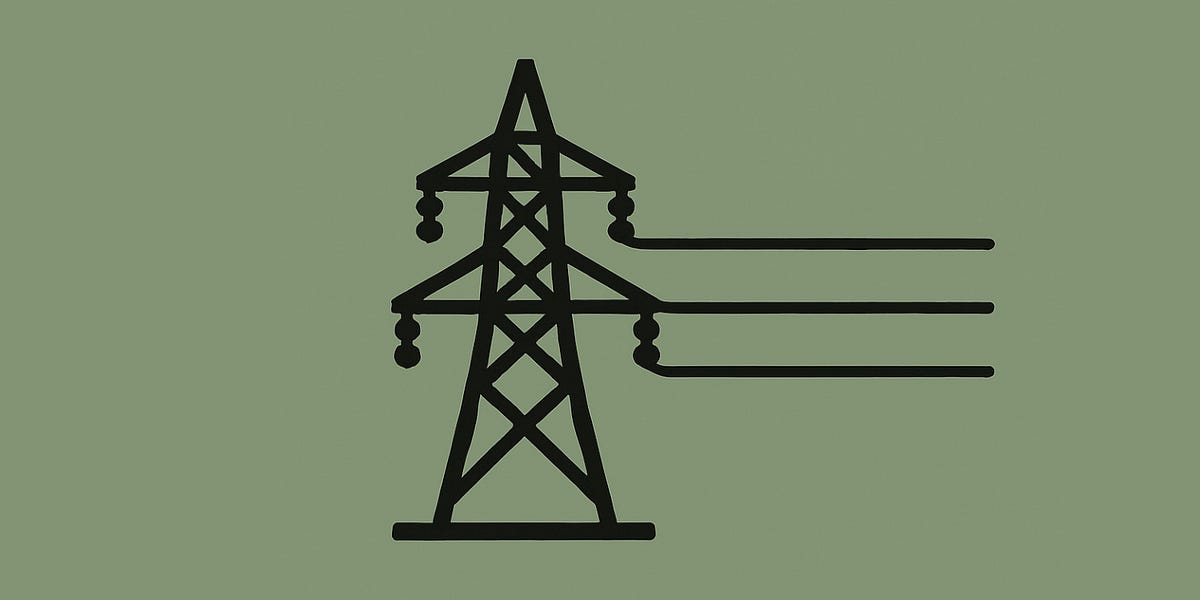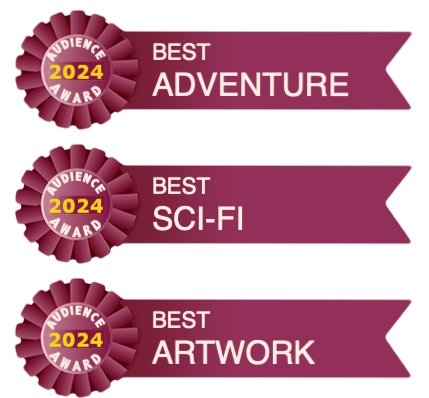A Wikipedia primer for Ted Cruz
Wikipedia host's lawyer wants to help Ted Cruz understand how the platform works.
Senator Ted Cruz (R-Texas) uses his phone during a joint meeting of Congress on May 17, 2022. Credit: Getty Images | Bloomberg
The letter from Sen. Ted Cruz (R-Texas) accusing Wikipedia of left-wing bias seems to be based on fundamental misunderstandings of how the platform works, according to a lawyer for the nonprofit foundation that operates the online encyclopedia.
"The foundation is very much taking the approach that Wikipedia is actually pretty great and a lot of what's in this letter is actually misunderstandings," Jacob Rogers, associate general counsel at the Wikimedia Foundation, told Ars in an interview. "And so we are more than happy, despite the pressure that comes from these things, to help people better understand how Wikipedia works."
Cruz's letter to Wikimedia Foundation CEO Maryana Iskander expressed concern "about ideological bias on the Wikipedia platform and at the Wikimedia Foundation." Cruz alleged that Wikipedia articles "often reflect a left-wing bias." He asked the foundation for "documents sufficient to show what supervision, oversight, or influence, if any, the Wikimedia Foundation has over the editing community," and "documents sufficient to show how the Wikimedia Foundation addresses political or ideological bias."
As many people know, Wikipedia is edited by volunteers through a collaborative process.
"We're not deciding what the editorial policies are for what is on Wikipedia," Rogers said, describing the Wikimedia Foundation's hands-off approach. "All of that, both the writing of the content and the determining of the editorial policies, is done through the volunteer editors" through "public conversation and discussion and trying to come to a consensus. They make all of that visible in various ways to the reader. So you go and you read a Wikipedia article, you can see what the sources are, what someone has written, you can follow the links yourselves."
“They’re worried about something that is just not present at all”
Cruz's letter raised concerns about "the influence of large donors on Wikipedia's content creation or editing practices." But Rogers said that "people who donate to Wikipedia don't have any influence over content and we don't even have that many large donors to begin with. It is primarily funded by people donating through the website fundraisers, so I think they're worried about something that is just not present at all."
Anyone unhappy with Wikipedia content can participate in the writing and editing, he said. "It's still open for everybody to participate. If someone doesn't like what it says, they can go on and say, 'Hey, I don't like the sources that are being used, or I think a different source should be used that isn't there,'" Rogers said. "Other people might disagree with them, but they can have that conversation and try to figure it out and make it better."
Rogers said that some people wrongly assume there is central control over Wikipedia editing. "I feel like people are asking questions assuming that there is something more central that is controlling all of this that doesn't actually exist," he said. "I would love to see it a little better understood about how this sort of public model works and the fact that people can come judge it for themselves and participate for themselves. And maybe that will have it sort of die down as a source of government pressure, government questioning, and go onto something else."
Cruz's letter accused Wikipedia of pushing antisemitic narratives. He described the Wikimedia Foundation as "intervening in editorial decisions" in an apparent reference to an incident in which the platform's Arbitration Committee responded to editing conflicts on the Israeli–Palestinian conflict by banning eight editors.
"The Wikimedia Foundation has said it is taking steps to combat this editing campaign, raising further questions about the extent to which it is intervening in editorial decisions and to what end," Cruz wrote.
Explaining the Arbitration Committee
The Arbitration Committee for the English-language edition of Wikipedia consists of volunteers who "are elected by the rest of the English Wikipedia editors," Rogers said. The group is a "dispute resolution body when people can't otherwise resolve their disputes." The committee made "a ruling on Israel/Palestine because it is such a controversial subject and it's not just banning eight editors, it's also how contributions are made in that topic area and sort of limiting it to more experienced editors," he said.
The members of the committee "do not control content," Rogers said. "The arbitration committee is not a content dispute body. They're like a behavior conduct dispute body, but they try to set things up so that fights will not break out subsequently."
As with other topics, people can participate if they believe articles are antisemitic. "That is sort of squarely in the user editorial processes," Rogers said. "If someone thinks that something on Wikipedia is antisemitic, they should change it or propose to people working on it that they change it or change sources. I do think the editorial community, especially on topics related to antisemitism and related to Israel/Palestine, has a lot of various safeguards in place. That particular topic is probably the most controversial topic in the world, but there's still a lot of editorial safeguards in place where people can discuss things. They can get help with dispute resolution from bringing in other editors if there's a behavioral problem, they can ask for help from Wikipedia administrators, and all the way up to the English Wikipedia arbitration committee."
Cruz's letter called out Wikipedia's goal of "knowledge equity," and accused the foundation of favoring "ideology over neutrality." Cruz also pointed to a Daily Caller report that the foundation donated "to activist groups seeking to bring the online encyclopedia more in line with traditionally left-of-center points of view."
Rogers countered that "the theory behind that is sort of misunderstood by the letter where it's not about equity like the DEI equity, it is about the mission of the Wikimedia Foundation to have the world's knowledge, to prepare educational content and to have all the different knowledge in the world to the extent possible." In topic areas where people with expertise haven't contributed much to Wikipedia, "we are looking to write grants to help fill in those gaps in knowledge and have a more broad range of information and sources," he said.
What happens next
Rogers is familiar with the workings of Senate investigations from personal experience. He joined the Wikimedia Foundation in 2014 after working for the Senate's Permanent Subcommittee on Investigations under the late Sen. Carl Levin (D-Mich.).
While Cruz demanded a trove of documents, Rogers said the foundation doesn't necessarily have to provide them. A subpoena could be issued to Wikimedia, but that hasn't happened.
"What Cruz has sent us is just a letter," Rogers said. "There is no legal proceeding whatsoever. There's no formal authority behind this letter. It's just a letter from a person in the legislative branch who cares about the topic, so there is nothing compelling us to give him anything. I think we are probably going to answer the letter, but there's no sort of legal requirement to actually fully provide everything that answers every question." Assuming it responds, the foundation would try to answer Cruz's questions "to the extent that we can, and without violating any of our company policies," and without giving out nonpublic information, he said.
A letter responding to Cruz wouldn't necessarily be made public. In April, the foundation received a letter from 23 lawmakers about alleged antisemitism and anti-Israel bias. The foundation's response to that letter is not public.
Cruz is seeking changes at Wikipedia just a couple weeks after criticizing Federal Communications Commission Chairman Brendan Carr for threatening ABC with station license revocations over political content on Jimmy Kimmel's show. While the pressure tactics used by Cruz and Carr have similarities, Rogers said there are also key differences between the legislative and executive branches.
"Congressional committees, they are investigating something to determine what laws to make, and so they have a little bit more freedom to just look into the state of the world to try to decide what laws they want to write or what laws they want to change," he said. "That doesn't mean that they can't use their authority in a way that might ultimately go down a path of violating the First Amendment or something like that. They have a little bit more runway to get there versus an executive branch agency which, if it is pressuring someone, it is doing so for a very immediate decision usually."
What does Cruz want? It’s unclear
Rogers said it's not clear whether Cruz's inquiry is the first step toward changing the law. "The questions in the letter don't really say why they want the information they want other than the sort of immediacy of their concerns," he said.
Cruz chairs the Senate Commerce Committee, which "does have lawmaking authority over the Internet writ large," Rogers said. "So they may be thinking about changes to the law."
One potential target is Section 230 of the Communications Decency Act, which gives online platforms immunity from lawsuits over how they moderate user-submitted content.
"From the perspective of the foundation, we're staunch defenders of Section 230," Rogers said, adding that Wikimedia supports "broad laws around intellectual property and privacy and other things that allow a large amount of material to be appropriately in the public domain, to be written about on a free encyclopedia like Wikipedia, but that also protect the privacy of editors who are contributing to Wikipedia."
.png)





